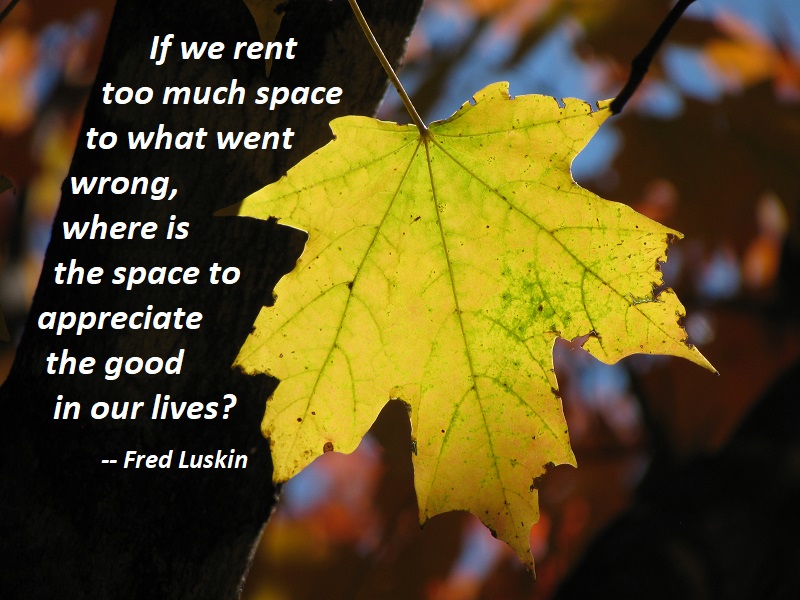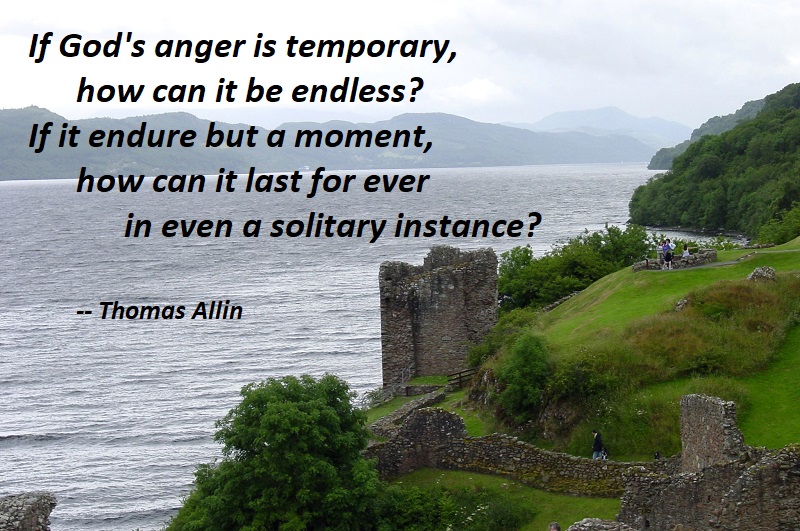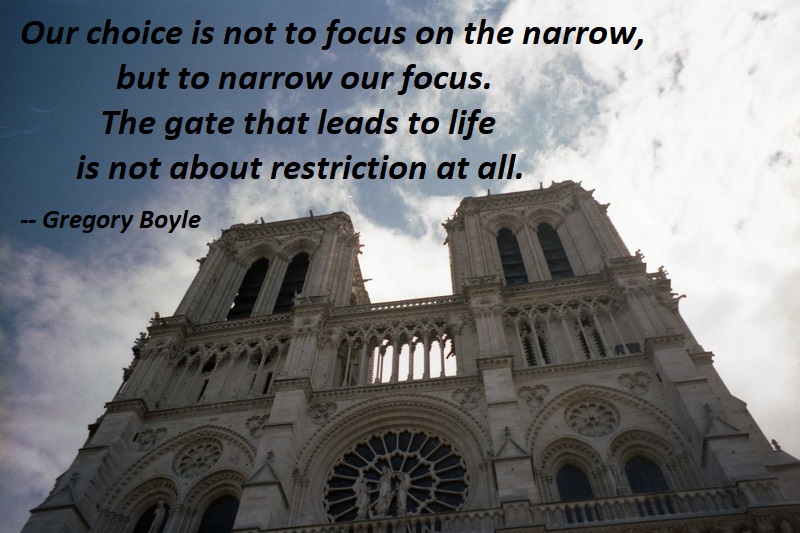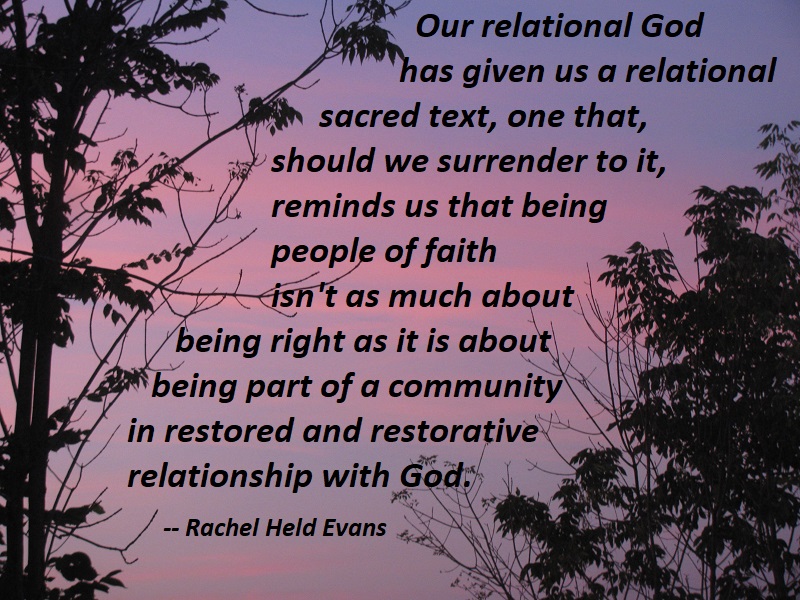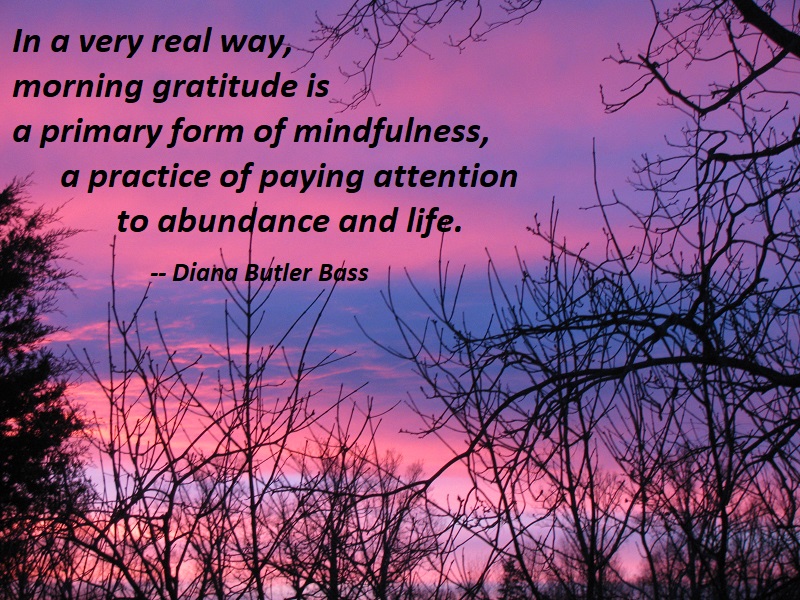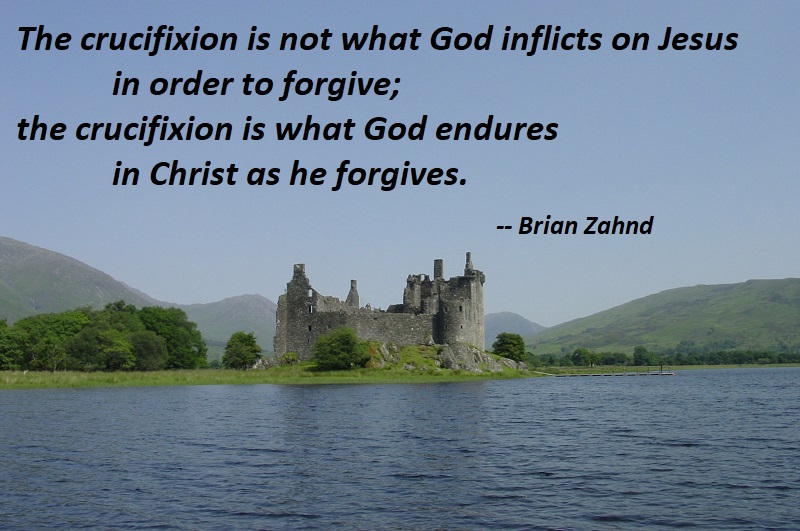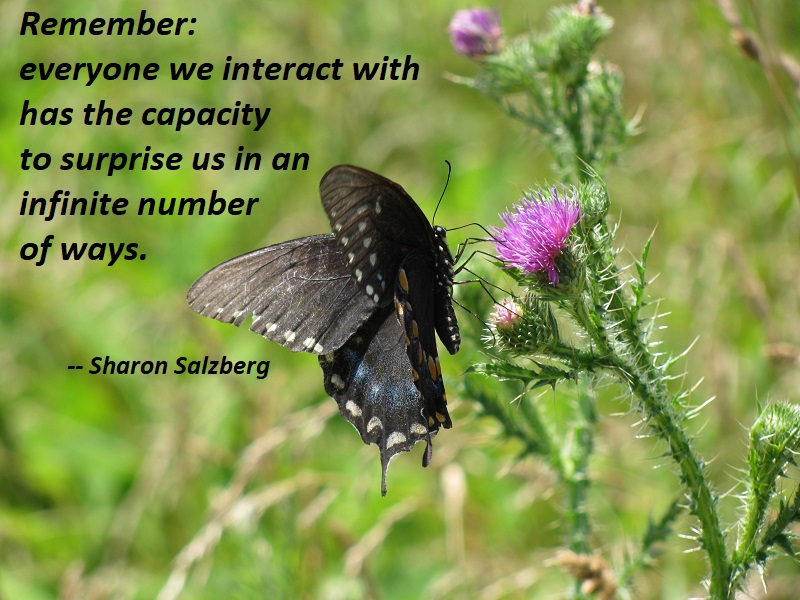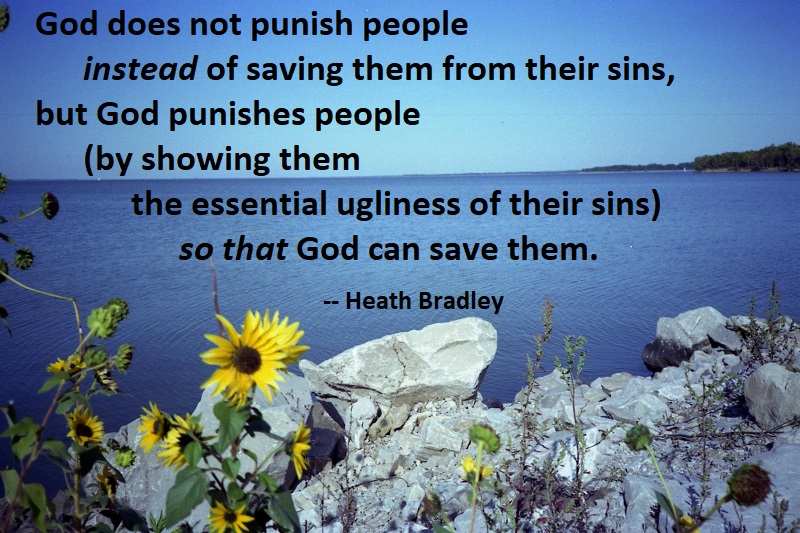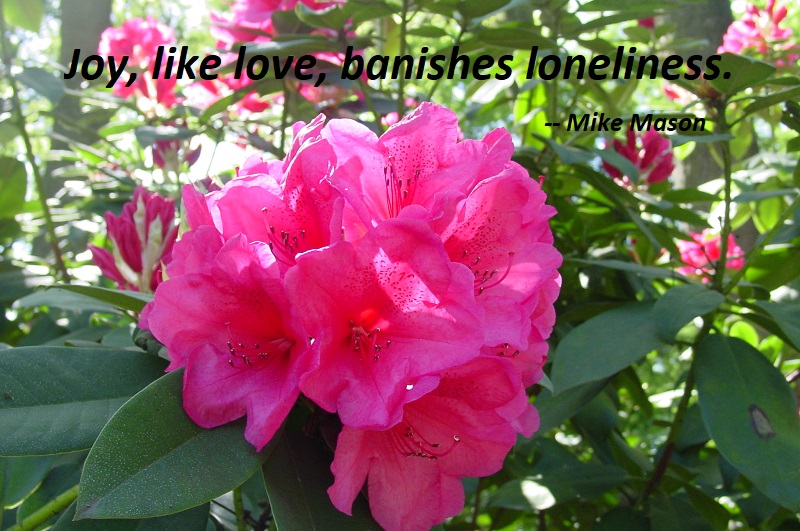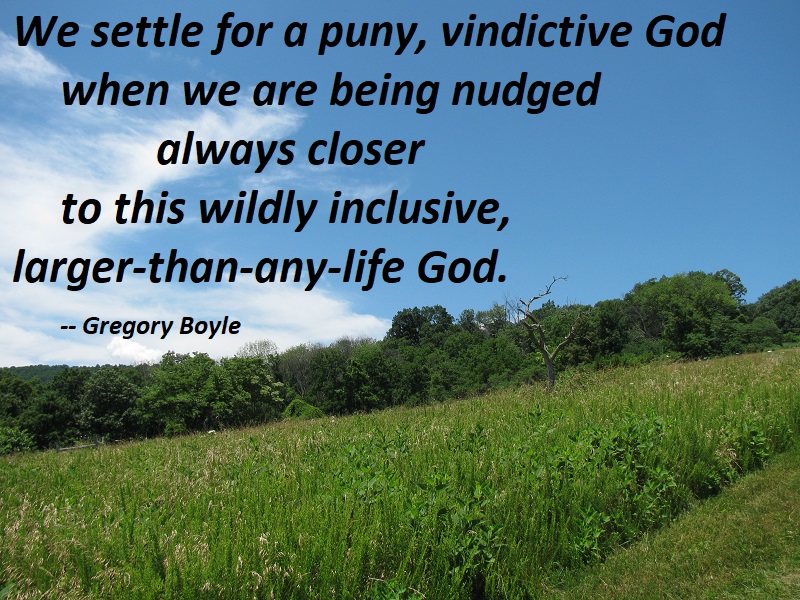Give Space to the Good
The third benefit from forgiveness emerges as we give more love and care to the important people in our lives. I know from my own experience and those of many others that hurts from the past often cause us to draw away and mistrust the very people who are trying to love us. Too often the people who suffer from our grievances are not the people who hurt us but those who care for us today.
If we rent too much space to what went wrong, where is the space to appreciate the good in our lives? If we focus our attention on past defeats, how can we give our full loving attention to our significant other, friends, or co-workers? If we remain bitter over past parenting cruelties, who suffers — our parents or our current friends and loved ones?
— Fred Luskin, Forgvie for Good, p. 73
Photo: South Riding, Virginia, October 26, 2014
